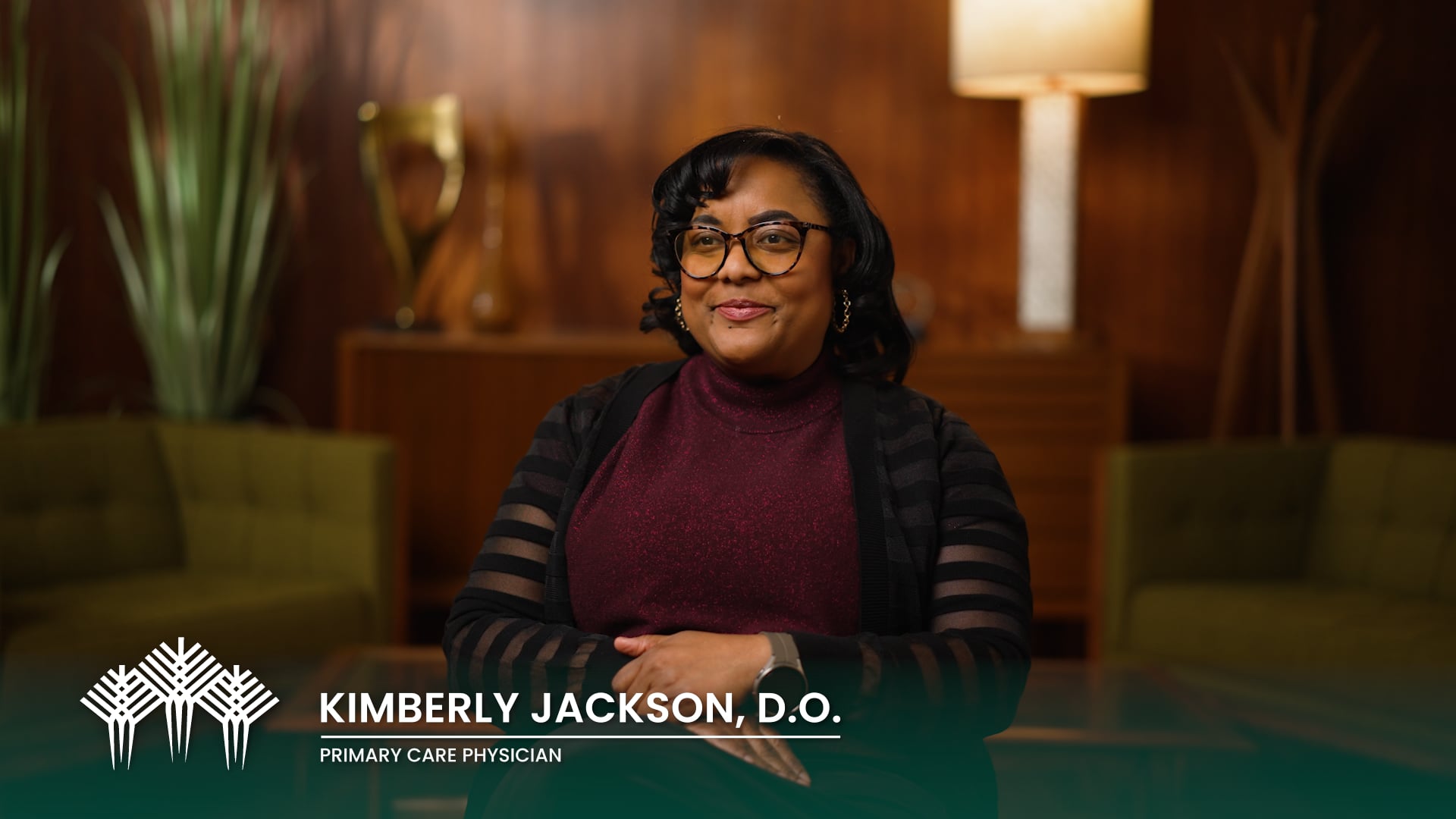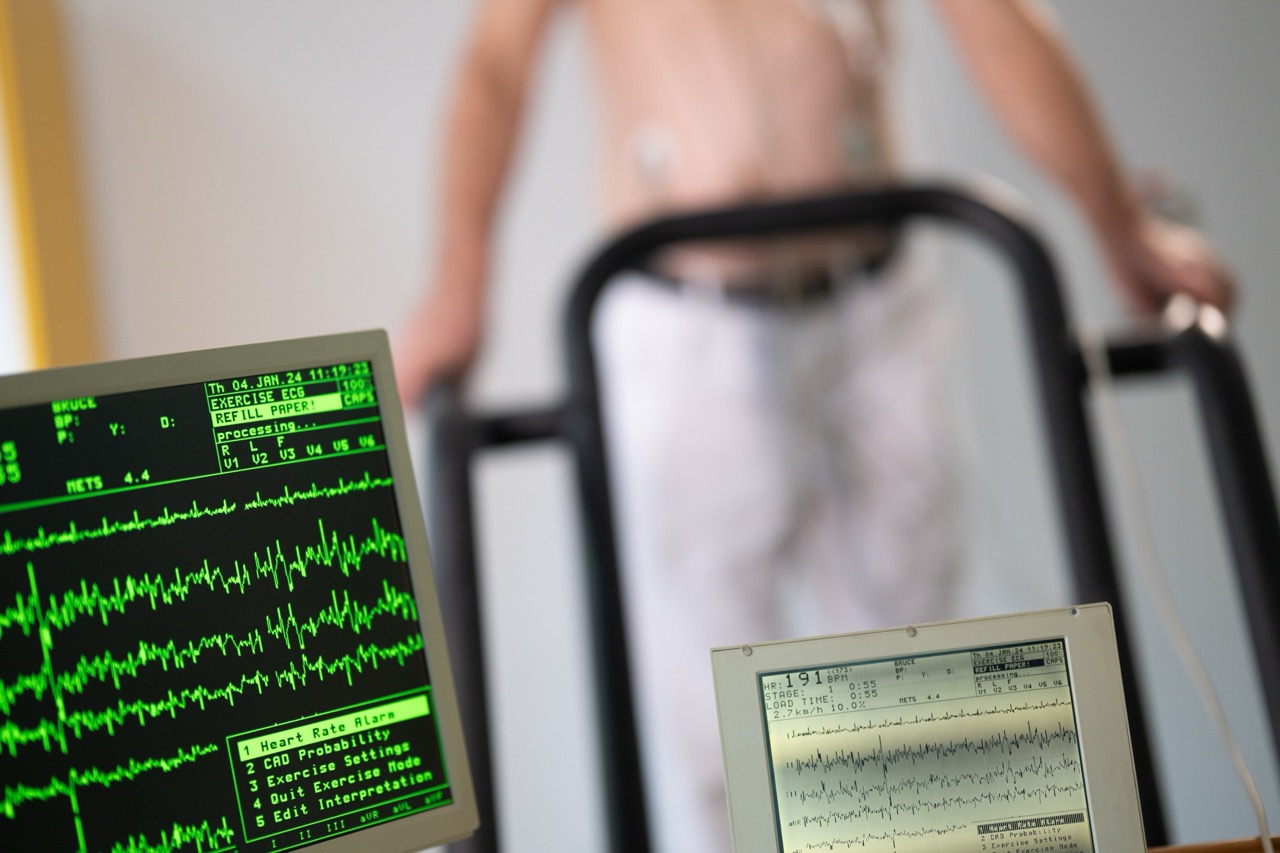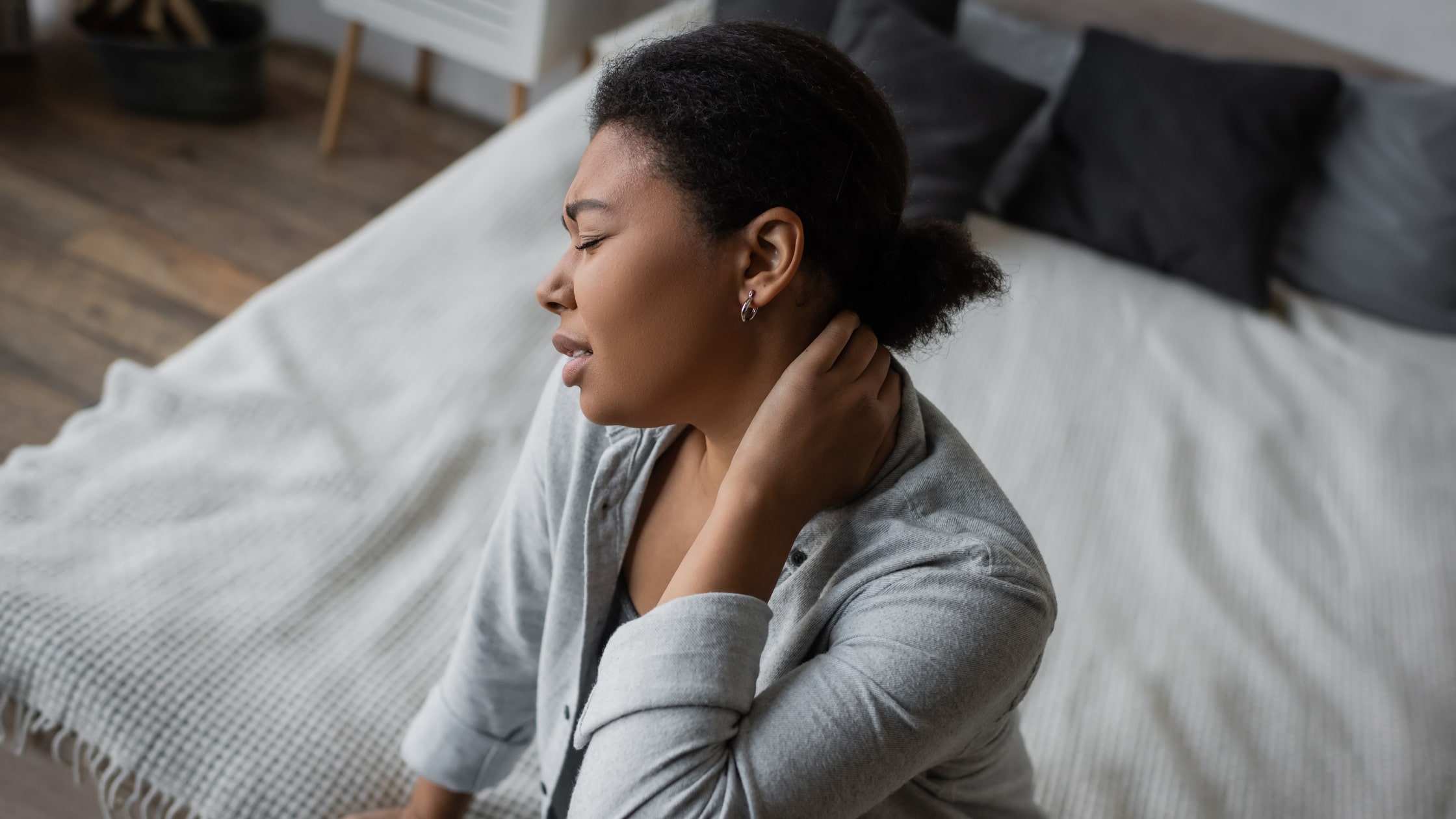September is Pain Awareness Month — a time to educate, advocate and support the millions of individuals living with chronic pain. While it’s normal to experience occasional aches and pains, chronic pain is different. By definition, chronic pain is a persistent condition that lasts 12 weeks or longer, often continuing even after an initial injury has healed. For the millions of Americans living with it, chronic pain is more than discomfort, it’s a daily struggle that affects physical health, emotional well-being and overall quality of life. Keep reading to learn more about how chronic pain impacts day-to-day living.
Reduced Mobility & Independence
One of the most noticeable effects of chronic pain is how it restricts your ability to move. Chronic pain can make once-simple movements, like walking, climbing stairs or standing, feel impossible. This may cause people to avoid physical activity altogether, causing muscle weakness, stiffness and further loss of independence. This can be emotionally and physically taxing on most individuals. People may find themselves relying on family members, friends or caregivers for help with tasks they once managed on their own. This shift can affect self-esteem and overall confidence, making the impact of chronic pain not just physical, but deeply personal.
Disrupted Sleep
Individuals who suffer from chronic pain often find it difficult to find a comfortable sleeping position that does not increase their pain, leading to fragmented sleep and chronic fatigue. Poor rest not only leaves people feeling tired, groggy and less capable of handling responsibilities it can also heighten pain sensitivity because the body never gets the restorative rest that it needs. Lack of sleep negatively impacts overall health leading to irritability, memory problems, difficulty concentrating and more.
Emotional & Mental Health Strain
Living with chronic pain can lead to feelings of frustration, hopelessness and even guilt. Chronic pain is also strongly associated with anxiety and depression, especially when the pain disrupts normal routines and lifestyle. This mental strain often intensifies the perception of pain, creating a cycle where physical and emotional challenges feed into one another. Addressing both the mental and physical aspects of pain is essential to finding lasting relief.
Social Isolation
Pain doesn’t just limit movement — it can also interfere with relationships and social connections. People may find it difficult to commit to plans, fearing their pain will flare up or that they won’t have the energy to participate. Others may withdraw because they feel misunderstood or judged by people who can’t see their pain. Over time, this can result in social isolation, where once-cherished activities like family gatherings, outings with friends or hobbies are left behind. The loss of these connections can increase loneliness and sadness, reinforcing the emotional burden of chronic pain.
Disruption of Healthy Habits
Chronic pain often interferes with a person’s ability to maintain healthy routines. Exercise, which is vital for overall health, may feel too difficult or painful, leading to a more sedentary lifestyle. Meal planning and cooking can also become overwhelming if standing or lifting causes discomfort, which sometimes can lead to relying on less nutritious meals. These shifts can contribute to weight gain, reduced cardiovascular health and an increased risk of other conditions such as diabetes or high blood pressure. Beyond the physical effects, the frustration of not being able to maintain healthy habits can also impact motivation and self-confidence. Finding adapted ways to stay active and eat well is an important part of breaking this cycle.
Chronic pain affects far more than the body, it touches nearly every part of life. That’s why Southwoods Health invested in the development of the Southwoods Pain & Spine Center, to help those afflicted with chronic pain gain access to comprehensive services right here in the Mahoning Valley. From conservative treatment through today’s most advanced regenerative and surgical treatments, Southwoods delivers all the resources patients need to find relief. If you or a loved one is struggling with chronic pain, know that you’re not alone. Visit our website to learn more!



